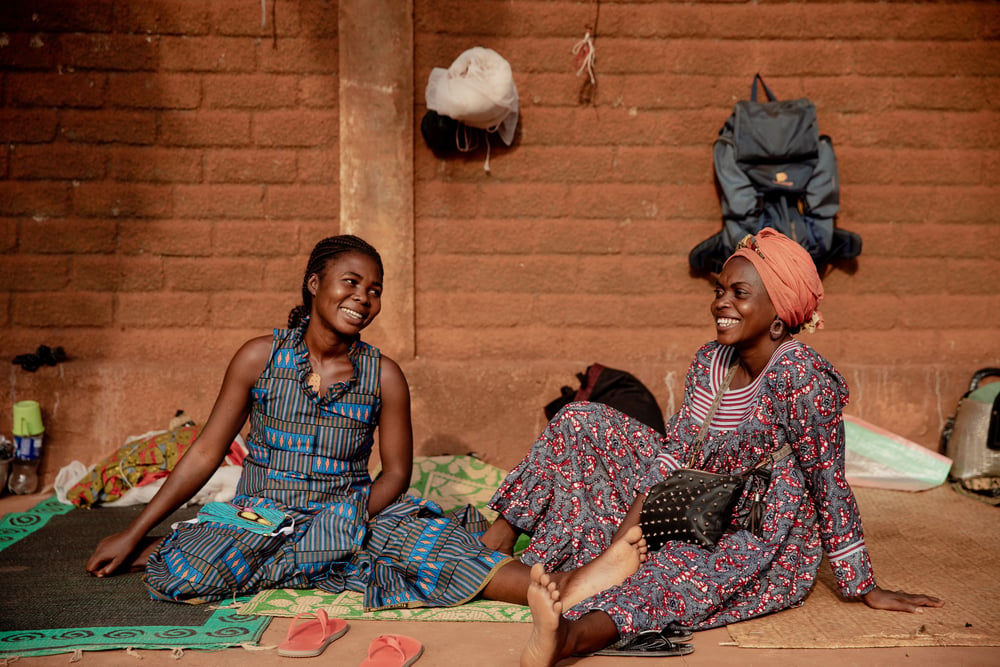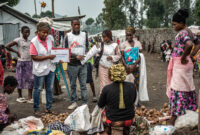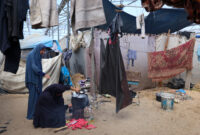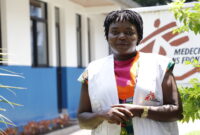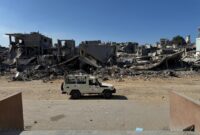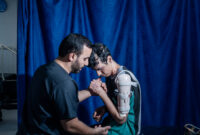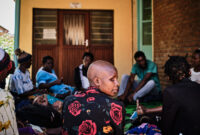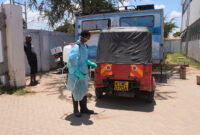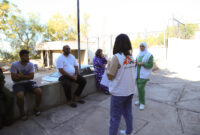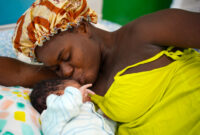Central African Republic
Doctors Without Borders/Médecins Sans Frontières (MSF) sees the direct consequences of violence on the health of the individuals and entire communities we serve. Wounded people needing care. Children unable to reach medical facilities during malaria season. The interruption of vaccination coverage and treatment for HIV and tuberculosis. Women left without assistance before, during and after giving birth.
After the deadly civil war that took place in 2013 to 2014, Central African Republic (CAR) enjoyed a period of relative calm. But tensions between numerous armed groups exploded again at the end of 2016, throwing the country into a renewed spiral of violence.
In early November 2020, OCHA, the United Nations Office for the Coordination of Humanitarian Affairs, reported that in a population of 4.9 million, 640,700 people (13.1 per cent), were displaced. Large-scale attacks on civilians have taken place and people live in constant fear of beatings, rape and murder. Millions of people are dependent on humanitarian assistance.
Lack of healthcare
The health system in Central African Republic is barely functioning, due to a severe shortage of skilled health workers and medical supplies. Limited access to vaccination means that easily preventable diseases continue to take a toll. Malaria is the leading cause of death among children under five years of age. This basic lack of access to healthcare has serious repercussions, for example, for people living with HIV/AIDS.
Armed groups control 70 per cent of the country, and large numbers of wounded have few options for treatment. Some are referred to the capital, Bangui, for want of specialist facilities elsewhere. Others cannot access the care they need.
Generally, the conflict has restricted access to medical care, food, water, shelter and education.
What we do
MSF has been working in Central African Republic since 1997. Independent of any political or military parties, MSF health facilities are the only places for people to seek treatment free of charge in many regions. In 2019, we ran 12 projects for local and displaced communities in six prefectures and the capital, Bangui. Our teams provided general and emergency care, trauma surgery, maternal and paediatric services, assistance to survivors of sexual violence and treatment for malaria, HIV and TB.
We are also responding to the COVID-19 pandemic in Central African Republic.
HIV/AIDS
Central African Republic has the highest HIV prevalence in Central Africa and one of the lowest antiretroviral coverage rates in the world. MSF works to make treatment for HIV/AIDS available in this country, where it is a leading cause of death among adults. We also offer care, treatment and training in the university hospital in Bangui and support partner health facilities.
Our teams also work with the Ministry of Health to set up community-based patient groups to help people deal with the challenges of living with HIV and adhere to treatment.
Vaccination campaigns
Many children in Central African Republic have not been vaccinated.
In 2015 and 2016, MSF carried out a vaccination campaign of unprecedented scale in cooperation with the Ministry of Health. Around 220,000 children were vaccinated. In parallel, we scaled up vaccination services in the health facilities where we were working. The aim of these two strategies was to provide children under the age of five with up to nine antigens. Our teams also carried out preventive measures such as distributing vitamin A, bed nets, anti-parasite treatment and screening for malnutrition.
We have carried out other vaccination campaigns in the country since then.
For example, in January 2020, the Ministry of Health declared a nationwide measles epidemic. We launched a massive measles vaccination campaign aimed at reaching more than 340,000 children in seven health zones across the country.
The logistical challenges and costs of setting up such large-scale vaccination campaigns in remote, isolated parts of the country are enormous. Many areas can only be reached by plane. It can then often take MSF mobile teams days to reach some villages by car or on motorbikes. Keeping the vaccines at the same temperature when they are taken from freezers at our bases to vaccination sites is a delicate procedure.
Sexual and reproductive healthcare
Many women die from the consequences of obstetric complications and the consequences of unsafe abortions in Central African Republic. In Bangui, we run sexual and reproductive health services, including family planning services and safe abortion care. For women in conflict or crisis situations, obtaining contraception can be difficult.
